Understanding HPV: Basics, Vaccine Benefits, and Myths Debunked
- 25 Jan 2025
- 0 Comments
- Doctor talks on health
Understanding HPV: The Basics
Human Papillomavirus (HPV) is the most common sexually transmitted infection in the world. It refers to a group of over 200 related viruses, some of which can cause health problems such as genital warts and cancers. HPV spreads through intimate skin-to-skin contact and is highly contagious, often transmitted without any visible symptoms.
How Does the HPV Vaccine Help?
The HPV vaccine is designed to protect against specific strains of the virus that are most likely to cause cancer. It works by stimulating the body’s immune system to produce antibodies, which help prevent infection. This reduces the risk of HPV-related complications, including cervical, anal, penile, and oropharyngeal cancers.
Who Should Get the HPV Vaccine?
- Adolescents aged 11–12 years are the primary group recommended for routine HPV vaccination, though it can be given as early as age 9.
- Individuals up to age 26 who have not been vaccinated are encouraged to get the vaccine.
- Adults aged 27–45 may also benefit, depending on individual risk factors. Consulting with a healthcare provider can help determine if vaccination is needed.
Addressing Common Myths About the HPV Vaccine
Myth 1: The HPV vaccine is only for females.
Fact: The vaccine is equally important for males. HPV can cause cancers in everyone, making vaccination essential for all genders.
Myth 2: The HPV vaccine encourages certain behaviors.
Fact: There is no evidence to support this claim. The vaccine is a preventive health measure and does not influence behavior.
Myth 3: HPV vaccination isn’t necessary in monogamous relationships.
Fact: HPV is so common that many people unknowingly carry it. Even in monogamous relationships, vaccination provides protection against various strains.
Myth 4: The HPV vaccine isn’t safe.
Fact: Extensive research has shown that the HPV vaccine is safe and highly effective. Like all vaccines, it undergoes rigorous testing before being approved. The benefits of preventing HPV-related cancers far outweigh any minimal risks.
Take Action
The HPV vaccine is a crucial step in preventing cancers caused by the virus. Staying informed, consulting with a healthcare provider, and taking proactive steps can help protect individuals and communities from HPV-related health risks.

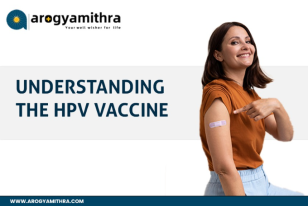
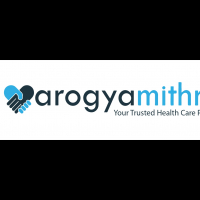

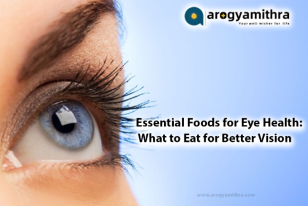
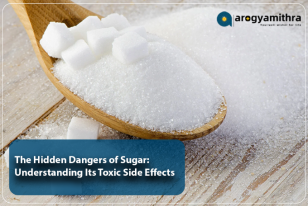
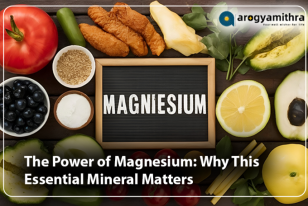
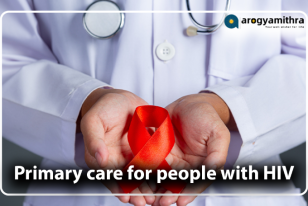
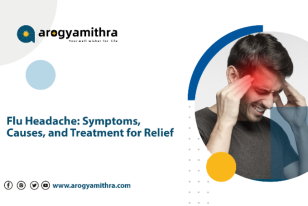
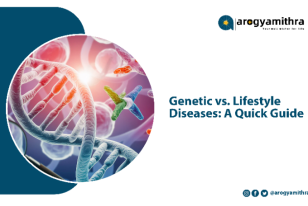
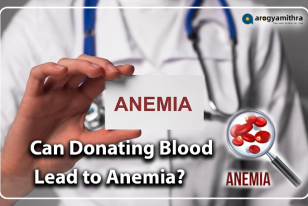
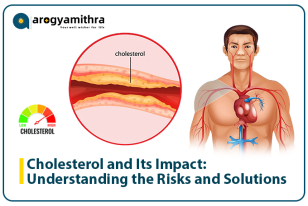
Comments (0)